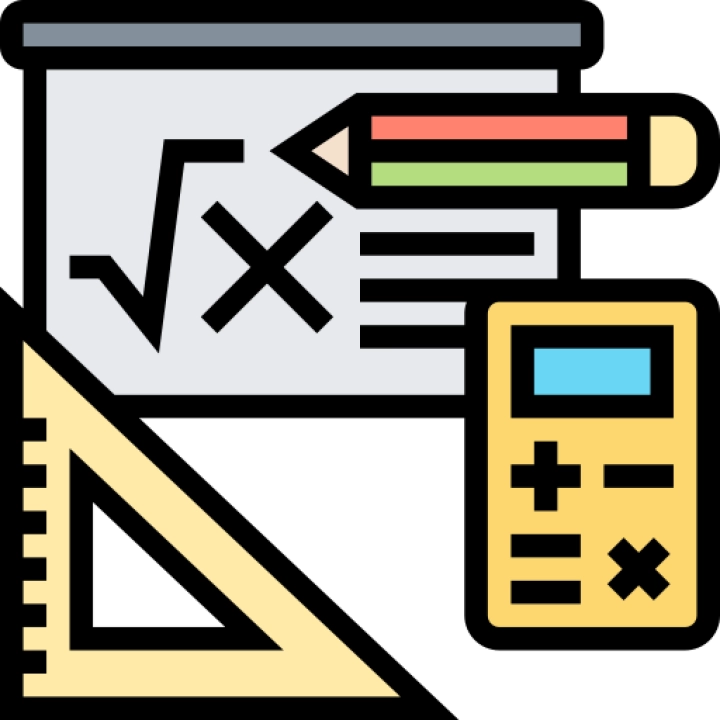College: Graduate School of Natural and Applied Sciences
This specialty provides a comprehensive understanding of the principles and practices of mathematics, focusing on the study of abstract structures, patterns, and relationships. Students explore key areas such as algebra, calculus, geometry, statistics, and applied mathematics. The program emphasizes analytical thinking, problem-solving, and the application of mathematical theories to solve real-world problems. Graduates are prepared for careers in academia, research, data science, finance, and engineering.
Learning Objectives:
- Understand the fundamentals of mathematical theories and principles.
- Develop skills in mathematical thinking, proofs, and problem-solving.
- Learn techniques for applying mathematical models to real-world scenarios.
- Explore the role of mathematics in various scientific and engineering disciplines.
- Understand the principles of computational and applied mathematics.
- Analyze challenges and opportunities in pure and applied mathematics fields.
- Develop critical thinking and communication skills for mathematical research and applications.
Core Curriculum:
- Introduction to Mathematics - An overview of the field, its history, and its significance in science and engineering.
- Calculus - Study of calculus, limits, and series. - Problem-solving techniques in continuous mathematics.
- Algebra and Number Theory - Fundamentals of linear algebra, abstract algebra, and number theory. - Problem-solving techniques in discrete mathematics.
- Geometry and Topology - Principles of Euclidean geometry, differential geometry, and topology. - Techniques for analyzing shapes, spaces, and their properties.
- Probability and Statistics - Study of probability theory, statistical methods, and data analysis. - Techniques for applying statistical models to real data.
- Applied Mathematics - Exploration of mathematical modeling, numerical analysis, and optimization. - Techniques for solving practical problems in science and engineering.
- Computational Mathematics - Fundamentals of algorithms, computational methods, and programming. - Techniques for using computers to solve mathematical problems.
- Emerging Trends in Mathematics - Analysis of innovations such as machine learning, cryptography, and mathematical biology. - Techniques for adapting to new trends and technologies in the field.
- Capstone Project in Mathematics - A real-world project to apply skills acquired in mathematical research or applied mathematics. - Techniques for presenting a comprehensive mathematical solution.
Assessment Methods:
- Problem sets and mathematical proofs.
- Written assignments on mathematical theories and applications.
- Group projects in mathematical modeling and data analysis.
- Participation in internships or research projects with academic institutions or industry partners.
Recommended Textbooks:
- "Calculus" by Michael Spivak.
- "Linear Algebra Done Right" by Sheldon Axler.
- "Principles of Mathematical Analysis" by Walter Rudin.
- "Introduction to Probability" by Joseph K. Blitzstein and Jessica Hwang.
Prerequisites:
Basic knowledge of mathematics and logical reasoning is recommended. Suitable for students in mathematics, science, and engineering fields.
Duration:
Typically 4 years, including coursework, research projects, and internships.
Qualification:
Graduates may receive a degree in mathematics or a related field.
Target Audience:
Aspiring mathematicians, data scientists, researchers, and educators seeking to excel in studying and applying mathematical principles. This program equips students with analytical, problem-solving, and communication skills needed to excel in mathematics and advance in theoretical and applied fields.












